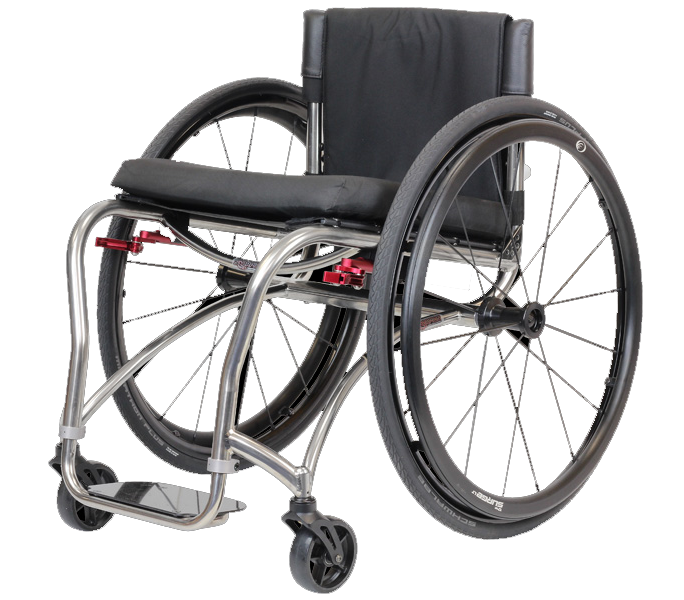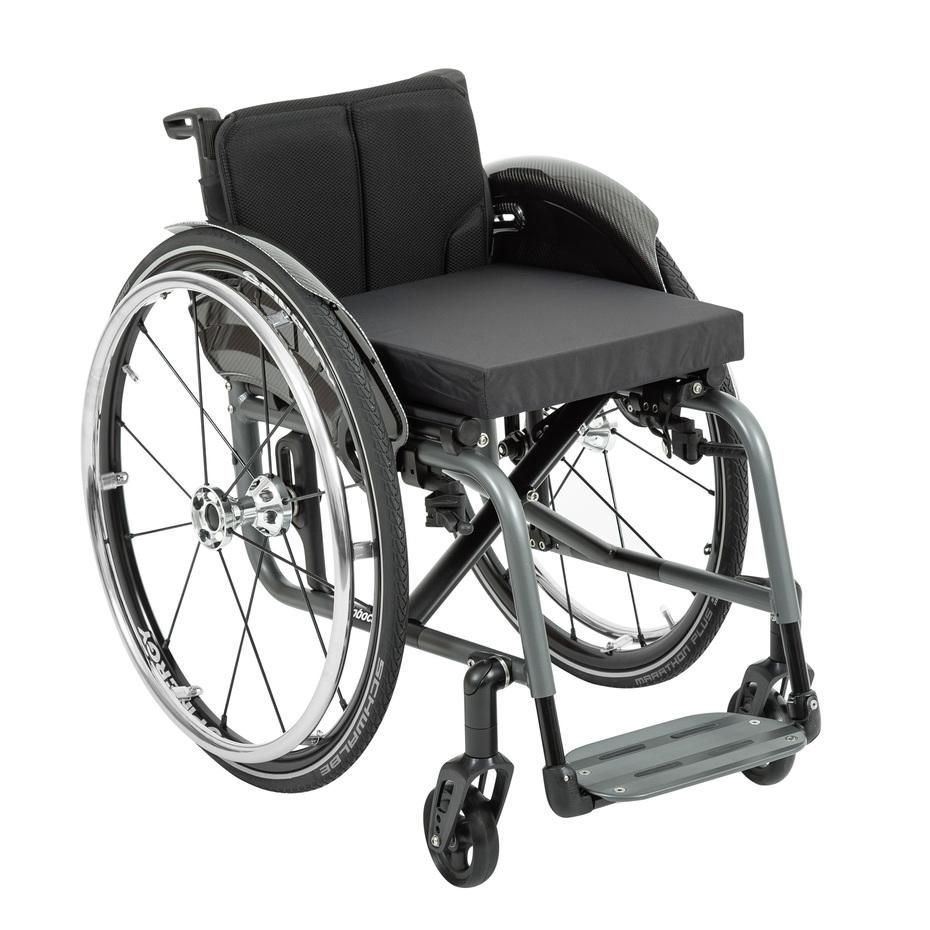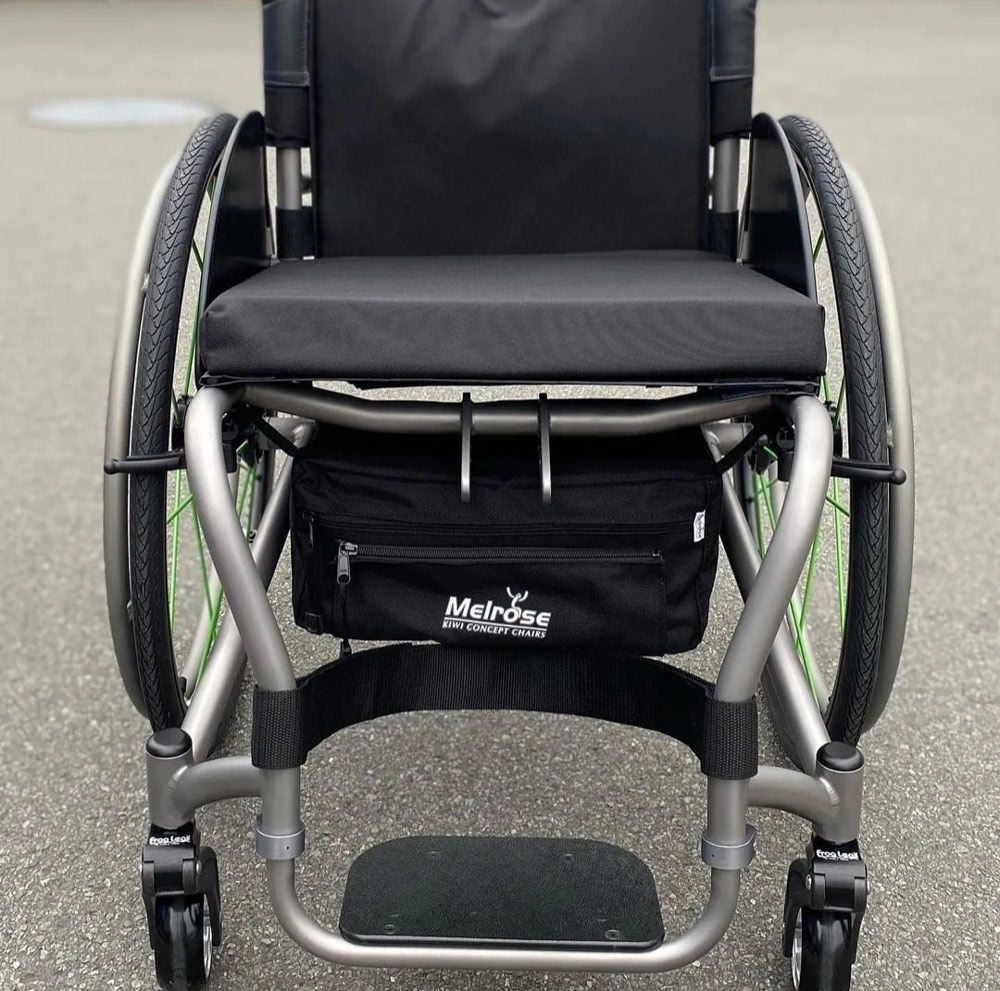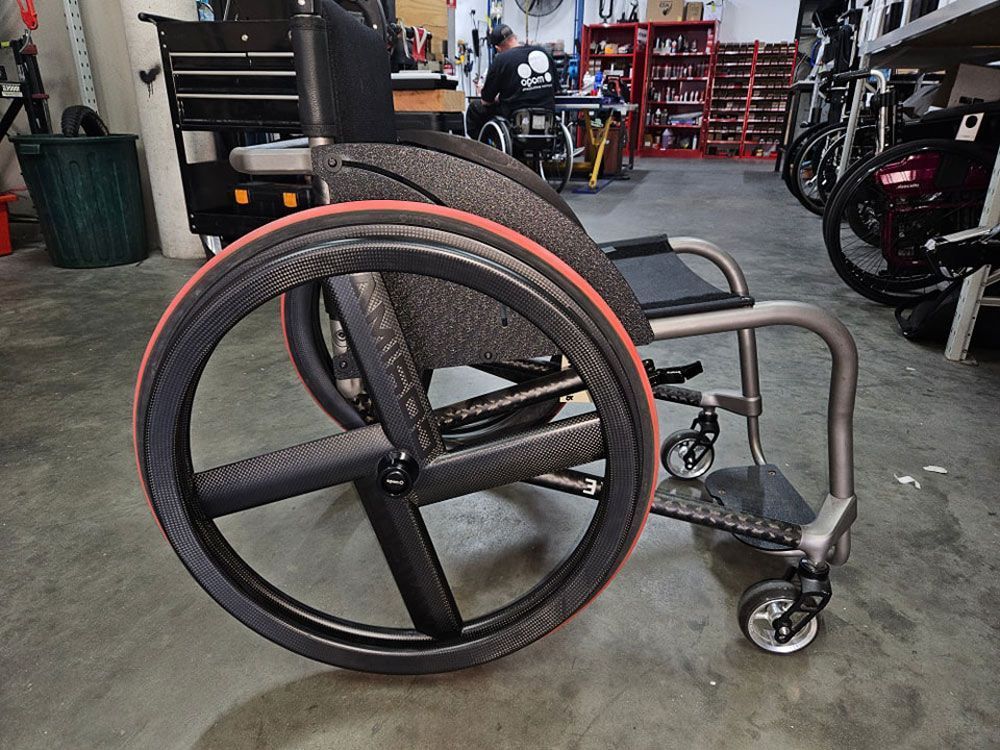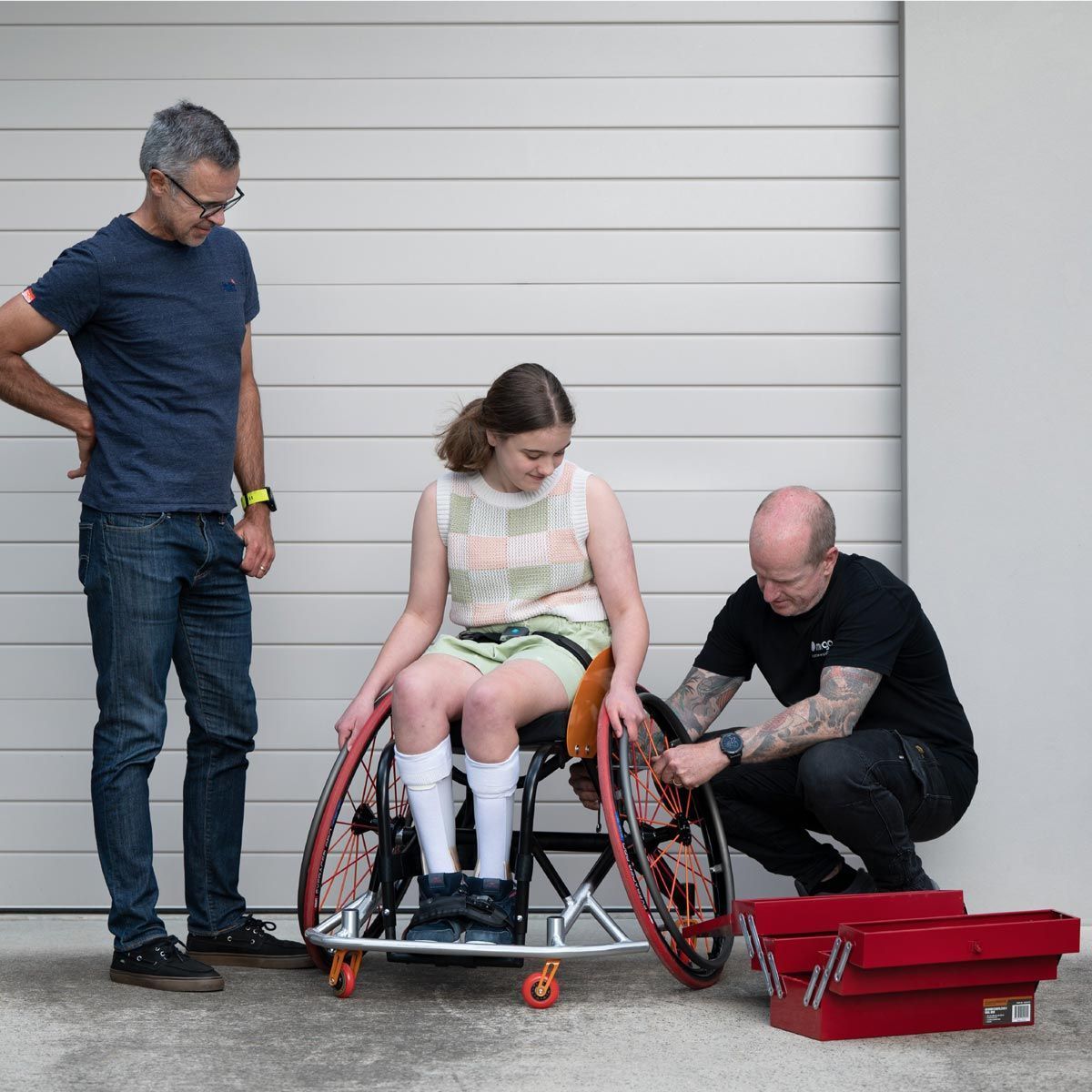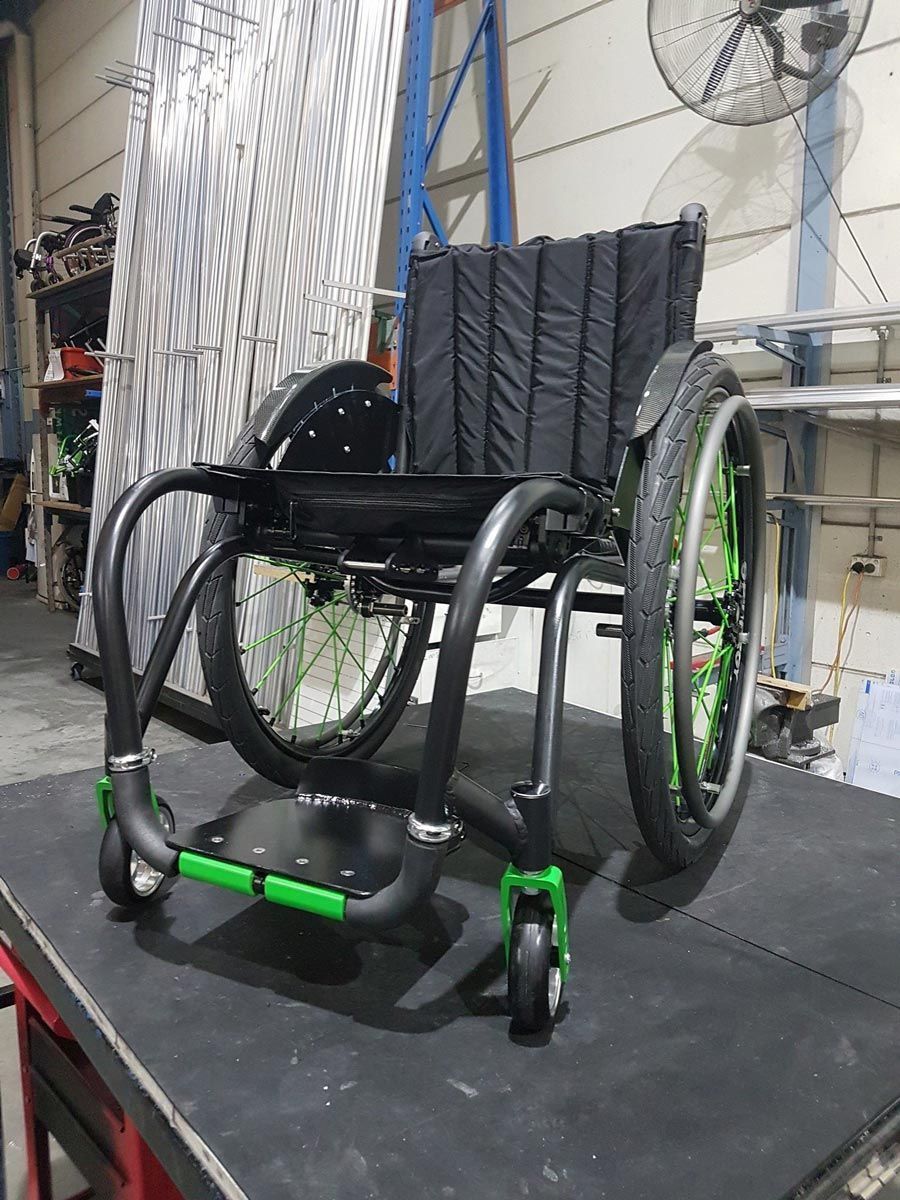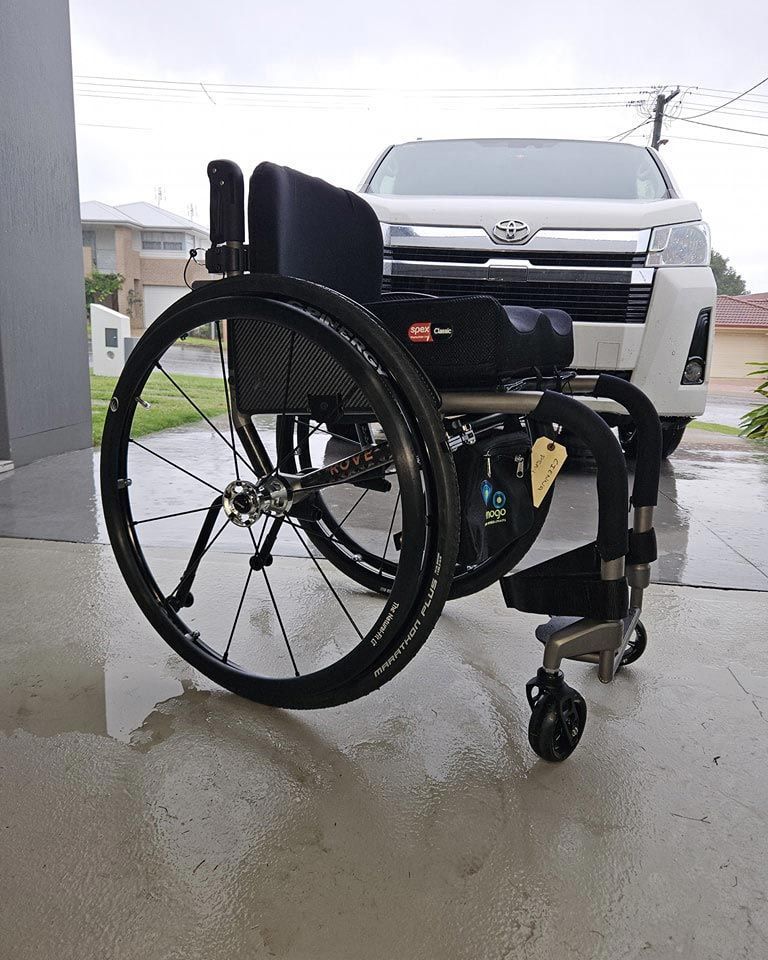Has your wheelchair started feeling less smooth, less responsive, or just not quite right? Whether you use a wheelchair daily or support someone who does, maintaining mobility equipment is essential for comfort, safety, and independence. Like any piece of frequently used equipment, wheelchairs require regular checks and tuning. Ignoring early warning signs can lead to bigger issues—including breakdowns, strain injuries, or reduced mobility.
In this blog, we’ll explore the top five signs that indicate it’s time to consider full wheelchair tuning in Wollongong, along with how timely servicing can restore performance and peace of mind.
If your wheelchair is making unexpected sounds—clicking, squeaking, grinding, or rattling—it could be a sign that something’s loose, worn, or misaligned. These noises don’t just indicate wear and tear; they may also point to friction or damage that could compromise performance.
Common causes can include:
- Loose bolts or fittings.
- Worn bearings in the wheels or casters.
- Dry or unlubricated joints.
- Structural fatigue in the frame.
If these sounds are ignored, they can lead to reduced manoeuvrability or sudden mechanical failure. Early detection and servicing can resolve the issue before it escalates, helping you stay safe and mobile.
Have you noticed more resistance when turning, or that your wheelchair seems to drift to one side? This could be a sign that the alignment is off, or that one wheel is not rotating as freely as it should.
Steering issues can stem from:
- Uneven tyre pressure or flat spots.
- Faulty bearings or axles.
- Caster wheels not tracking correctly.
- Worn or imbalanced tyres.
For powered wheelchairs, difficulties in turning may also point to motor calibration problems or electronic control issues. In either case, a comprehensive check-up through full wheelchair tuning in Wollongong can help identify the cause and get you back in control.
For powered wheelchair users, reduced speed or inconsistent responsiveness is often a sign that something isn’t functioning correctly. These issues may not be sudden—but gradual changes are just as important to note.
Common causes can include:
- Battery nearing the end of its life cycle.
- Loose or corroded wiring connections.
- Motor strain due to overuse or terrain damage.
- Control system calibration needing adjustment.
If left unchecked, performance issues can become more serious or result in breakdowns. Professional tuning includes battery checks, motor diagnostics, and calibration to help restore consistent, efficient operation.
If your seating no longer feels supportive—or if your posture has changed while using the wheelchair—it may be a sign that components like cushions, supports, or the frame have shifted or deteriorated.
Indicators can include:
- Increased pressure points or discomfort after short use.
- Changes in sitting posture or balance.
- Loose seat upholstery or worn-out padding.
- Backrests that no longer support your natural alignment.
Comfort directly affects function. Over time, discomfort can lead to skin irritation, muscle fatigue, or strain injuries. During a full tuning service, these elements are assessed and adjusted to suit your body and daily needs.
One of the most obvious signs your wheelchair needs servicing is visual wear or mechanical movement where there shouldn’t be any. Look out for:
- Cracks in the frame or joints.
- Loose armrests, footplates, or push rims.
- Excessively worn tyres or brake pads.
- Play or movement in wheel hubs or fittings.
Even small cracks or loose parts can quickly turn into safety hazards, particularly on uneven terrain or during transfers. Full servicing includes a thorough inspection of all components to catch issues early and maintain overall stability.
A wheelchair is more than just equipment—it’s part of your daily independence and mobility. Regular maintenance helps:
- Prevent mechanical failures and costly repairs.
- Improve comfort, control, and performance.
- Prolong the life of your chair and key components.
- Ensure safe usage on varied terrain or in busy environments.
If you rely on your wheelchair daily, consider having it professionally tuned at least once or twice a year, or more frequently for high-use environments.
When you book a full wheelchair tuning in Wollongong, a technician can perform a comprehensive check that typically includes:
- Tyre pressure and tread wear check.
- Bearing and axle inspection.
- Caster alignment and rotation checks.
- Brake adjustment and function test.
- Frame and structural integrity check.
- Battery load testing (for power chairs).
- Upholstery, seat cushion, and support assessments.
- Overall cleaning, lubrication, and tightening.
The service is tailored to your model and usage patterns, ensuring that nothing is missed—whether it’s a subtle alignment issue or a more urgent repair.
NDIS participants can often include servicing and maintenance in their plan under assistive technology support. Full tuning may also help meet reporting or safety requirements for plan-managed or agency-managed equipment.
If you’re unsure how to include wheelchair servicing in your NDIS plan, or how to access support locally, Mogo Wheelchairs can assist with:
- Service quotes and documentation for plan managers.
- Flexible booking times to suit your availability.
- On-site or workshop servicing, depending on your needs.
Having a trusted local provider helps streamline the process—making sure your equipment stays compliant, safe, and comfortable.
While some wheelchair issues develop gradually, others come on suddenly. In general, you should book a service if:
- You hear new noises or feel reduced smoothness during use.
- Your chair pulls to one side or feels harder to manoeuvre.
- You notice visible wear or feel less supported in your seating.
- It’s been more than 6–12 months since your last tune-up.
- You’ve had a recent repair and want to ensure everything is functioning correctly.
Booking a preventative check may save time, cost, and inconvenience down the line—especially if you rely on your chair for daily tasks, work, or transport.
Catching early warning signs in your wheelchair can help you avoid unnecessary discomfort, safety risks, or sudden breakdowns. Whether it’s strange noises, alignment issues, or general wear, a full professional service can restore comfort, improve reliability, and give you the confidence to go about your day with ease.
At
Mogo Wheelchairs, we provide full wheelchair tuning in Wollongong for manual and powered chairs, with services tailored to individual needs, usage, and mobility goals.
Contact us today to schedule your tune-up and keep your equipment performing at its best.
